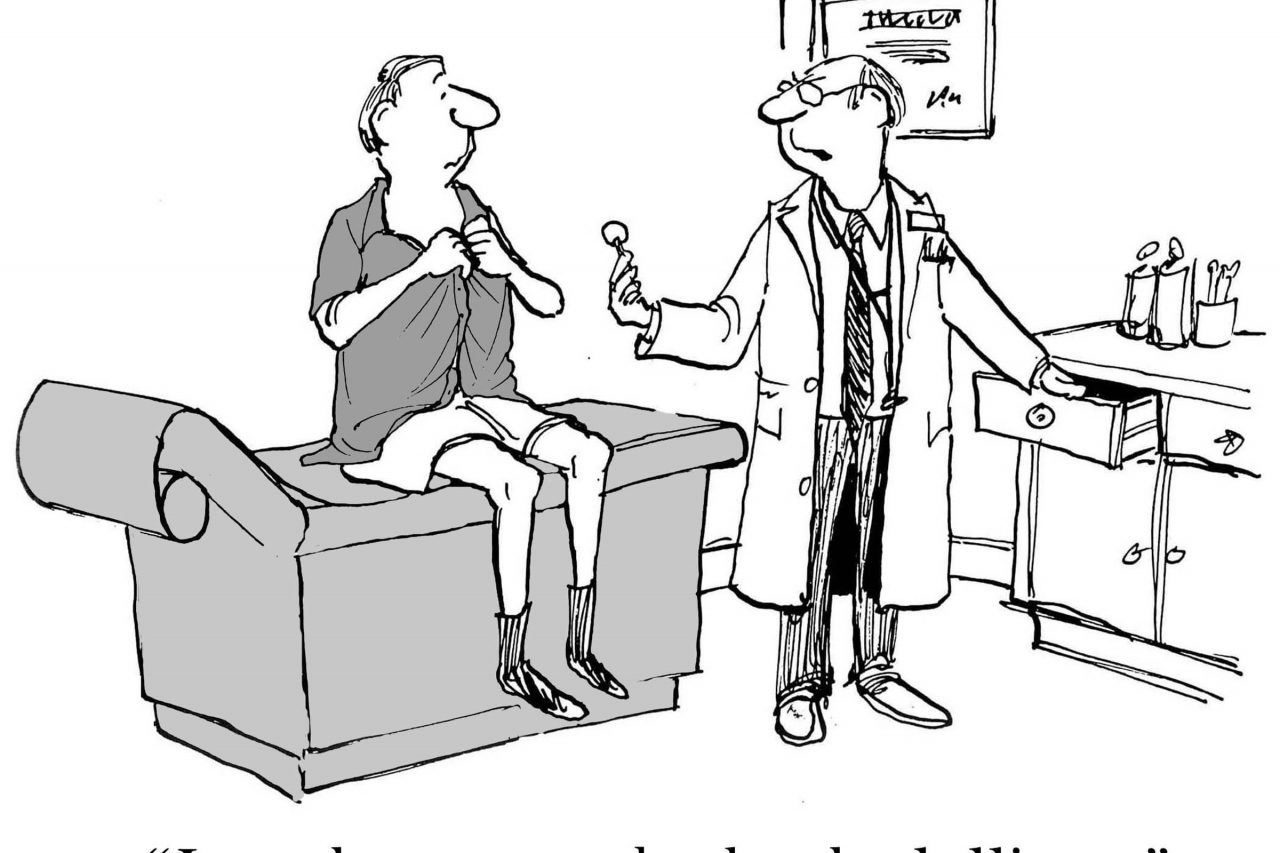There are two in the solitary sick room. Between covers, attached to the IV, connected to the monitor, is the woman. Cancer assaults her body and she lies trapped. Constant at bedside is her son. Whether day or night, weekend or day, he is there. Always with the question, the concern, the anger.
Through weeks of tests, pain and treatment, he is never satisfied. There is always something we are doing wrong. A test missed or an order delayed. A false hope gleaned online. A mirage glimmer from latest consult. More unsatisfied worry, oft born of denial’s confusion. The patient in the bed is easy. The extra in the chair is hard and exhausting.
I am never able to still his worry or answer his want. Hours spent pour down deepest well. Even when she is improves, I fail. He is ever present and never content.
One morning rounds I have an epiphany. How is it possible that an intelligent, married, middle-aged man is able to alter time to never abandon his mother’s side? For days he eats, sleeps, and bathes in the hospital. What has become of his life? I inquire gently.
He quit his job when his mother became ill. A real job, too, making real money, with real responsibility. A career. He determined to spend savings, so he could be at her side. Bonded by loyalty and perhaps guilt, he exists to care for her. He harvests the love she sowed. A massive sacrifice, but somehow not one at all.
This morning I have new respect and understanding of this son. I have a hint of the depth of his giving and perhaps his need. I am reminded that families suffer together. My patience is rebuilt. My frustration soothed. My responsibility made clear.
There are two patients in the room. They need care. I will heal both body and soul.







3 Comments